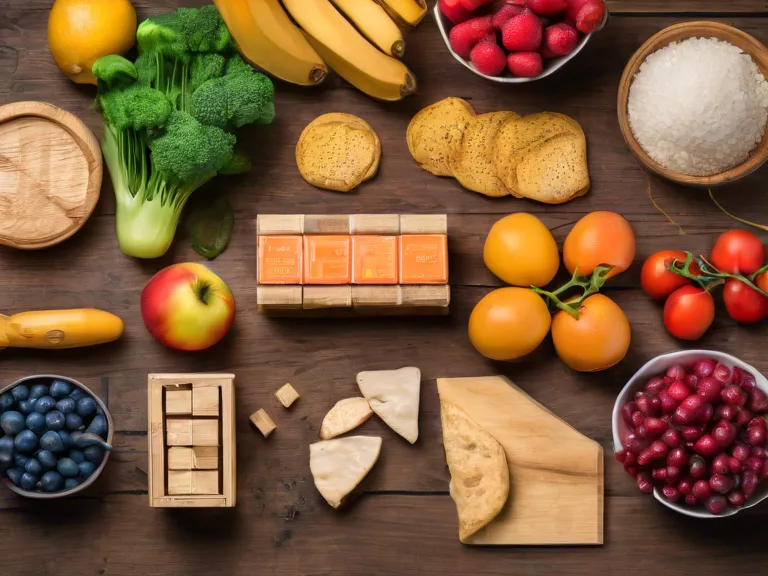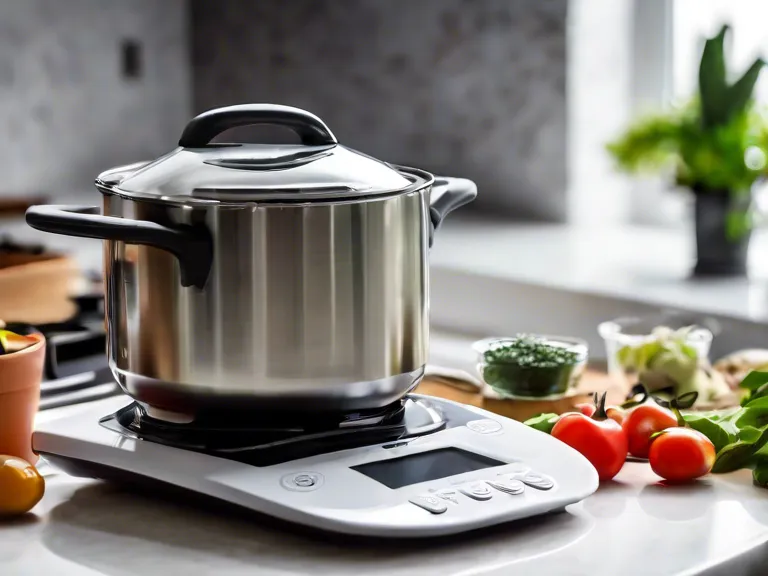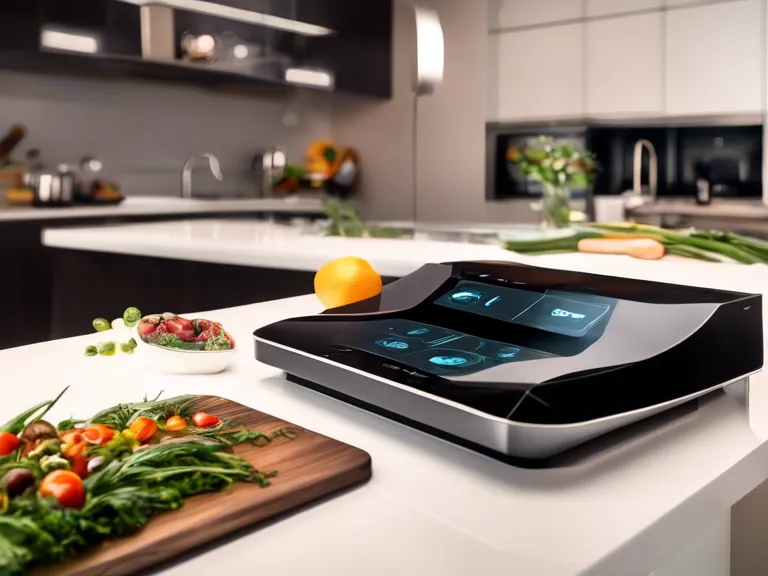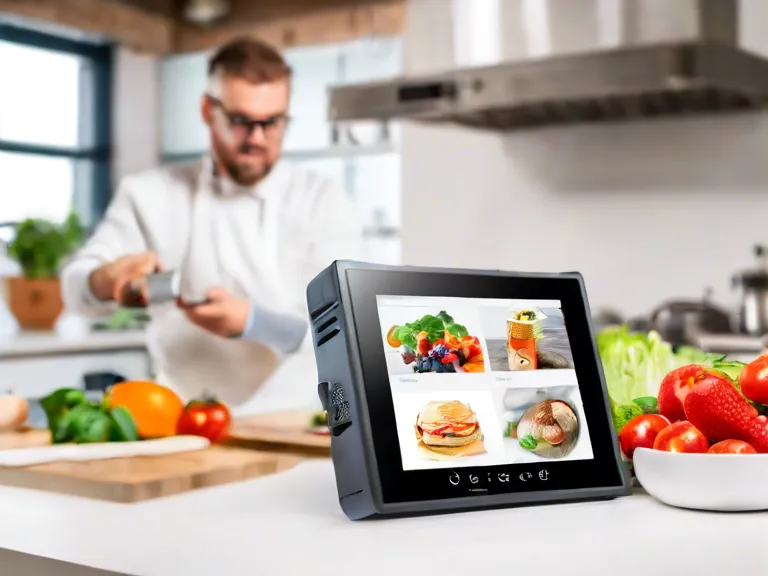
Blockchain technology has the potential to revolutionize the way we ensure food safety by providing greater transparency in the supply chain. By leveraging the decentralized and secure nature of blockchain, we can track the journey of food products from farm to fork, reducing the risk of contamination and fraud. This article explores the impact of blockchain on food safety and how it can help build trust among consumers.
Blockchain technology works by creating an immutable ledger of transactions that are distributed across a network of computers. Each transaction is recorded as a block, which is linked to the previous block, forming a chain. This makes it virtually impossible for any single entity to alter the data, ensuring its integrity.
In the context of food safety, blockchain can be used to track the origin of products, their processing and storage conditions, and their journey through the supply chain. By scanning a QR code or a barcode on the packaging, consumers can access information about where the product came from, how it was produced, and when it was processed. This level of transparency can help consumers make more informed choices about the food they eat.
One of the major benefits of using blockchain for food safety is its ability to quickly identify the source of contamination in case of a foodborne illness outbreak. By tracing back the supply chain, authorities can pinpoint the exact batch of products that is responsible for the illness, leading to faster recalls and reducing the scope of the outbreak.
Furthermore, blockchain can also help prevent food fraud by ensuring that products are authentic and have not been tampered with. By securely storing information about each step in the supply chain, blockchain can verify the authenticity of the product and validate its quality.
In conclusion, blockchain technology has the potential to transform the way we ensure food safety by providing a transparent and secure supply chain. By leveraging blockchain, we can build trust among consumers and improve the overall quality of our food system.



